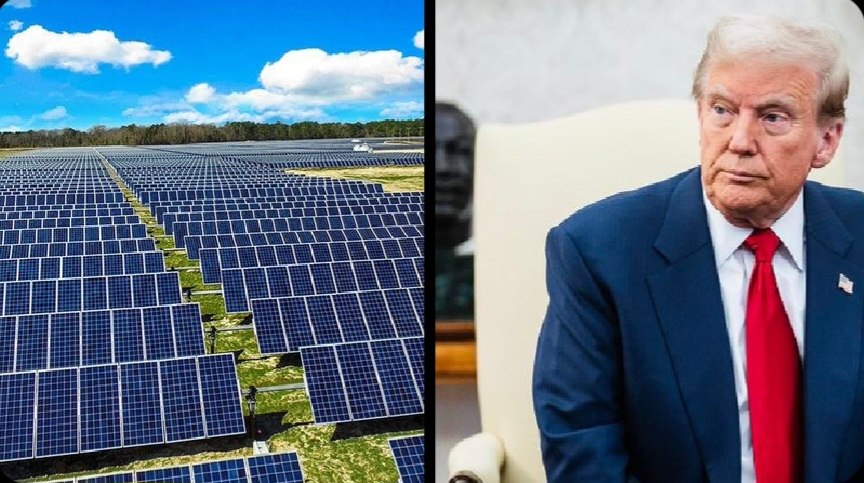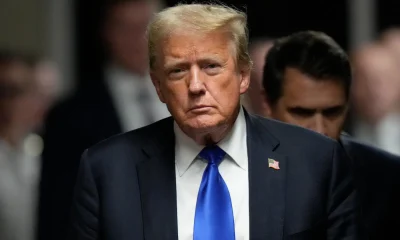WORLD
Trump to Hike Solar Panel Tariffs by 3,521% for Southeast Asia Countries

President Donald Trump has announced plans to impose tariffs as high as 3,521% on solar panels imported from several Southeast Asian countries.
This move is part of a broader effort to address what the administration deems unfair trade practices that threaten American industries and jobs.
The solar panels in question were allegedly sold at prices significantly lower than their production costs, which critics argue is due to government subsidies in the exporting countries, including Vietnam, Thailand, and Malaysia.
These subsidies, according to the U.S. government, enable producers in these Southeast Asian nations to sell their products at artificially low prices on the global market.
As a result, American manufacturers are reportedly struggling to compete, as they cannot match the deeply discounted prices of imported solar panels. The Trump administration argues that such practices not only harm U.S. solar manufacturers but also undermine the integrity of free and fair trade.
The decision to impose tariffs of up to 3,521% marks a significant escalation in the trade tensions between the United States and these countries. This steep tariff rate is intended to counter the perceived unfair advantage provided by these subsidies, making the imported panels more expensive and thereby leveling the playing field for American producers.
Critics of the move, however, warn that the tariffs could lead to higher costs for consumers and slow the growth of the U.S. solar industry, which has relied heavily on affordable imports to meet demand for renewable energy.
The move is also likely to impact the broader global trade landscape, with many countries watching closely to see how these tariffs will affect the solar panel market and whether other nations might take similar actions against industries they believe are being undercut by foreign subsidies.
Proponents of the tariffs argue that they are necessary to protect U.S. manufacturing jobs and ensure that American companies can compete fairly on the world stage, while detractors contend that the long-term consequences could be detrimental to both the environment and the renewable energy sector’s development.



















You must be logged in to post a comment Login